T4K3.news
Japan confronts Unit 731 history with new records
Archival releases renew scrutiny of wartime germ warfare and the push for accountability.
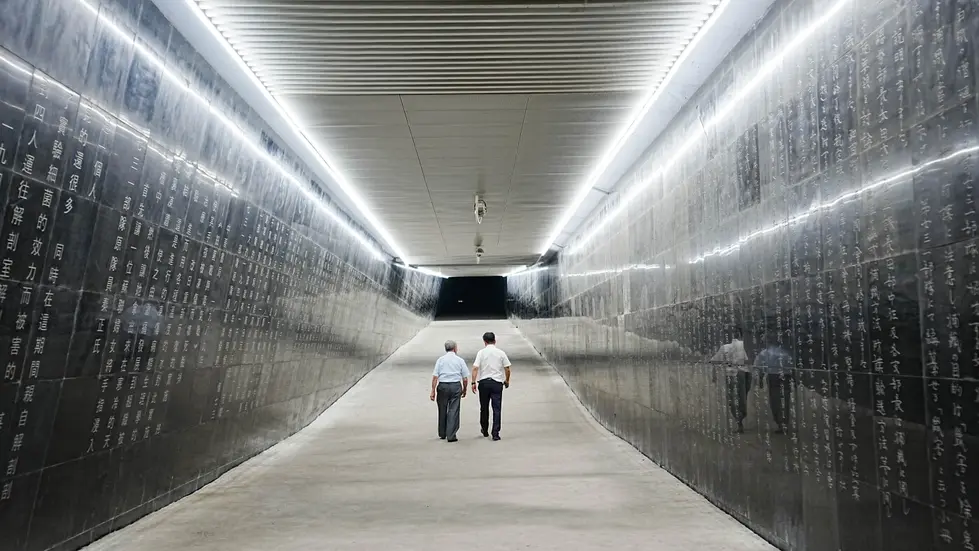
Archival releases renew scrutiny of Japan's wartime germ warfare program and the broader question of accountability.
Japan faces Unit 731 history as new records surface
New WWII era documents released this year shed light on Japan's Unit 731 and its biowarfare program, which ran from 1936 to 1945. The topic has rekindled debate between Tokyo and Beijing, and a film about Chinese victims titled 731 Biochemical Revelations drew attention when its screening was delayed without explanation. Eye witness accounts from 95 year old Hideo Shimizu in Nagano offer a rare, personal view of the unit’s work in occupied Northeast China.
Key Takeaways
"Just because the movie exposes scars, does that mean people should choose to forget that part of history?"
Liu Jiaying on the film’s purpose
"I feel the personnel rosters are a treasure."
Lv Jing on newly released rosters
"It is a lapse of justice to the highest degree."
Barak Kushner on postwar immunity deals
"The most shocking thing for me was a specimen of a whole female body with a fetus in its womb."
Hideo Shimizu recalling eyewitness experience
Researchers say archival access helps map the network of units from 731 to others across Asia, and may reshape how the war is remembered. The episode also spotlights the tricky balance of justice, memory, and diplomacy in the postwar era. Some survivors and scholars welcome new detail, while others warn that renewed attention could inflame nationalist sentiment. The story also raises questions about memory politics inside Japan and how past crimes are taught in schools and museums.
Highlights
- Truth exposes scars that history tries to hide
- Memory is owed to those who suffered
- Justice aged into history must not be traded for convenience
- We cannot erase the past to ease today’s tensions
Sensitive historical topic risks for diplomacy
The reporting touches on war crimes, national memory, and cross border tensions. It could trigger backlash in Japan, fuel disagreements with China, or affect political dialogue about apologies and accountability.
Memory should guide action, not nostalgia.
Enjoyed this? Let your friends know!
Related News
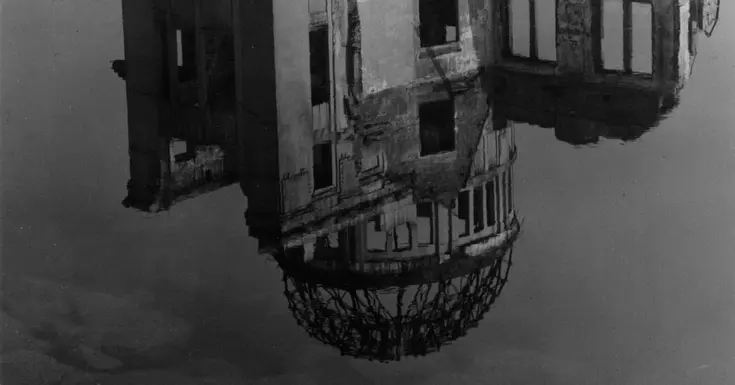
Art Reflects on 80 Years Since Hiroshima
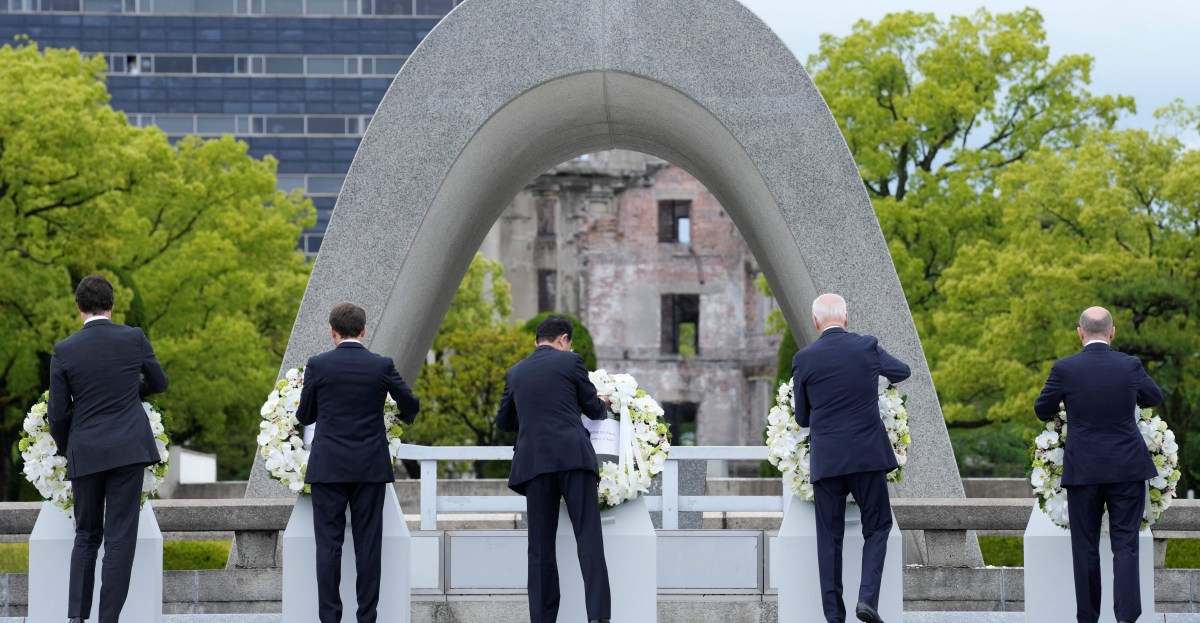
World marks Hiroshima anniversary with renewed nuclear fears
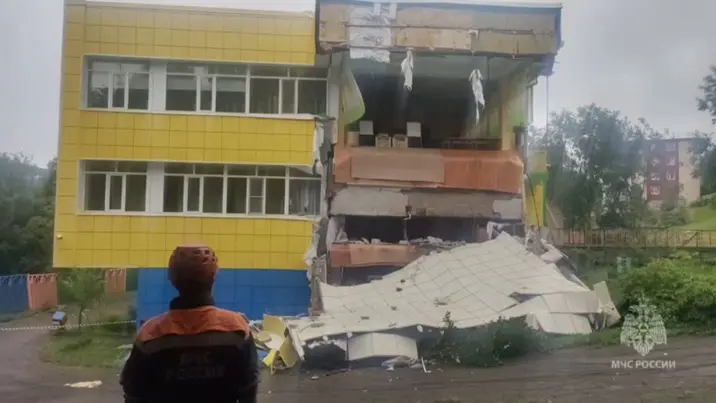
Magnitude 8.8 earthquake strikes Kamchatka Peninsula

Nintendo Switch 2 sets record with 1.6 million units sold

Nintendo Switch 2 Sells Over 5 Million Units Globally
Documentary Investigates Iconic Vietnam Photo Controversy

Liverpool completes record-breaking transfer window
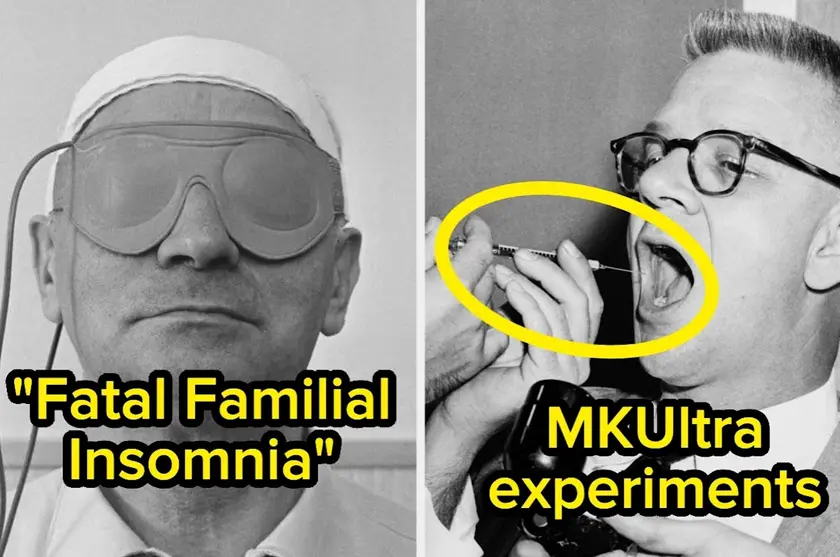
Revealing unethical medical experiments
